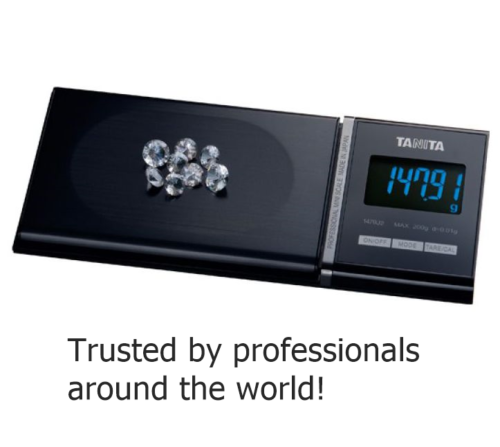Jewellery Scales
Mini Pocket Table Top Professional Digital Precision Scales for Laboratory and Jewellery
This blog post will explore the differences between scales, including their importance, their use and the scales that best suit your needs. Analytical scales are a class of scales designed for measuring small masses in the sub milligram range. Unlike spring-based scales, these scales can be used for precise measurements of mass, as long as their accuracy is not affected by fluctuations in local gravitational fields.
Instead of using actual masses, electronic analytical scales measure the force needed to counteract the measured mass rather than measure it. A scale is a scale, but the difference between a scale and a scale is that scales are used to compare the masses of two different objects. This type of Tanita 1479J2 uses an adjustable weight balanced on just one pan. Precision scales determine the sliding mass moving through the scale more precisely.
We believe this Tanita 1479J2 mini pocket scale is an inexpensive digital scale that can solve problems for you.
This portable, pocket-friendly digital scale has an easy-to-use aluminium surface. It can weighed ounces, carats, grains, etc., and is easy to count. It comes with a variety of the latest innovative functions to measure your items and ensure long-term accuracy. And if you need additional calibration, there are also a number of different calibration options in the manual.
Remember that most laboratory scales cost several thousand dollars, so the Tanita 1479J2 is designed for those who really need commercial accuracy without breaking the bank. The cost of this scale is higher than the cost of some cheap chinese branded scales due to the improved properties of this scale and the additional calibration option. These made in Japan Tanita scales are the best on the market for digital mini pocket style style.

